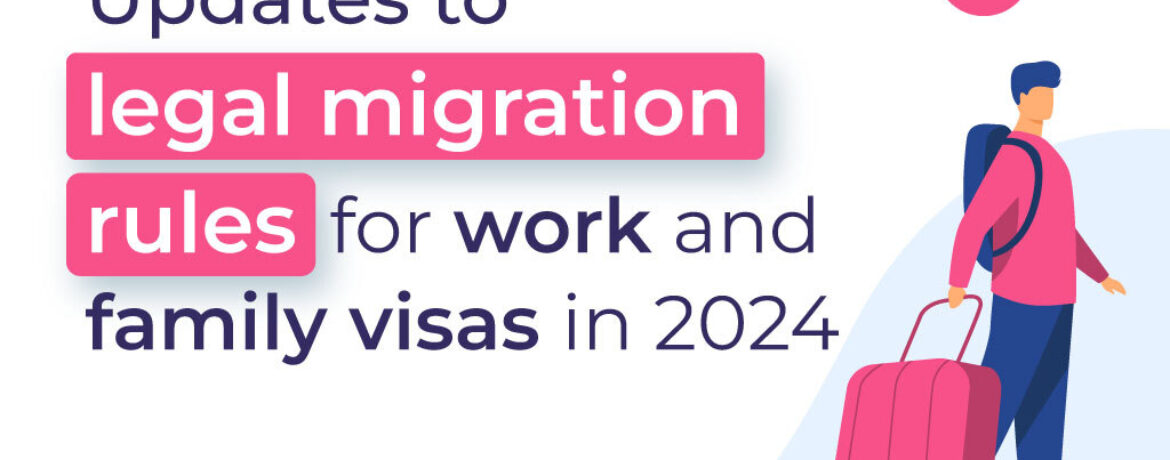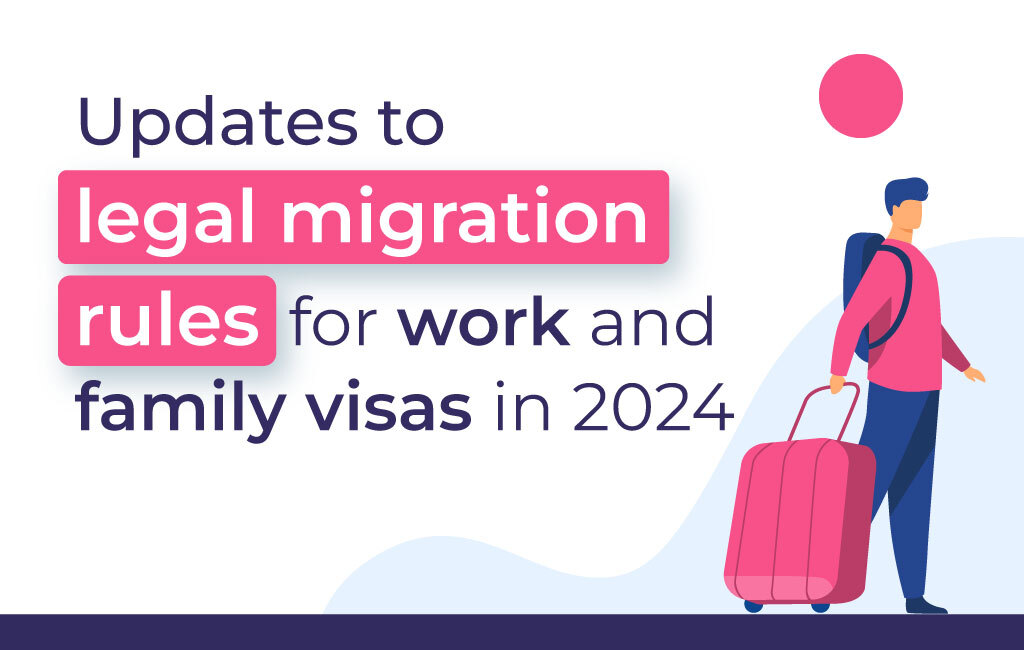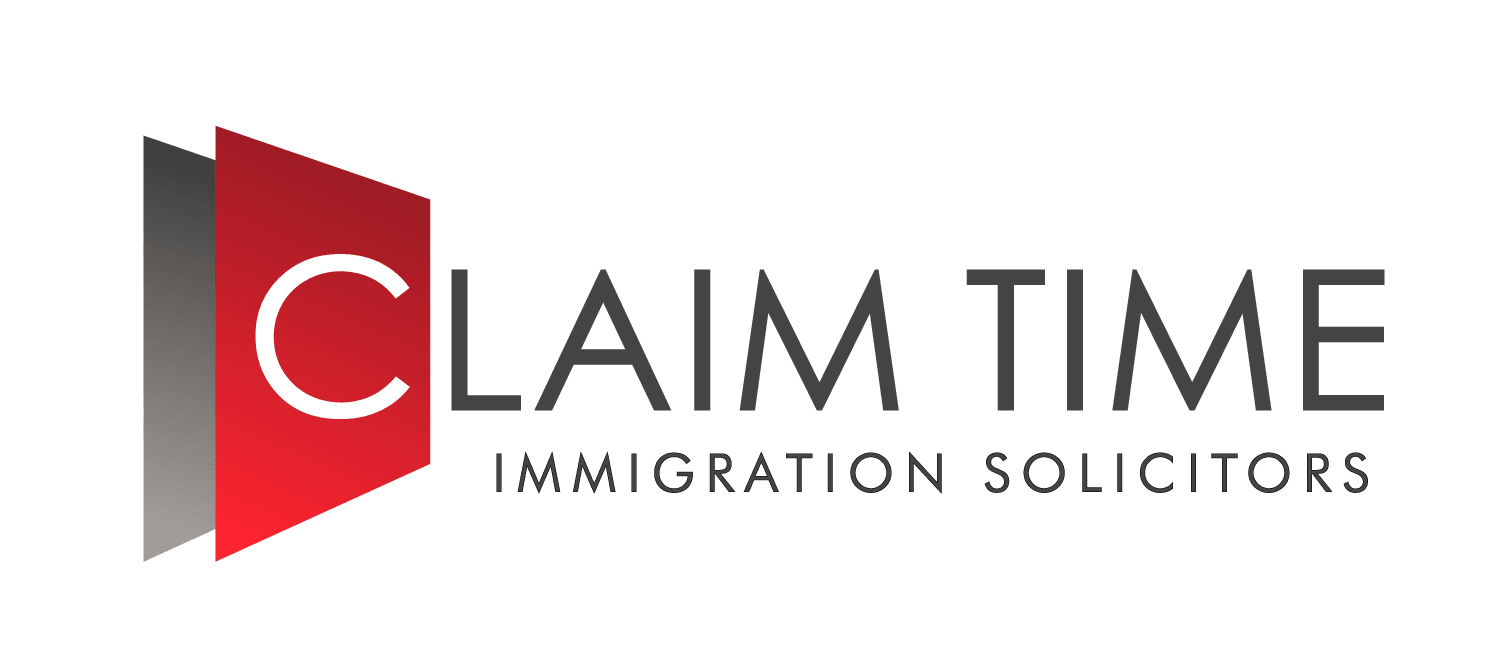
Updates to legal migration rules for work and family visas in 2024

Turning towards 2024, the United Kingdom is embarking on a new path in its immigration landscape. Home Secretary James Cleverly recently disclosed a comprehensive “five-point plan” designed to reshape immigration policies and reduce net migration. These changes, set to take effect in the coming months, weave a complex narrative, affecting family and work visas alike. Let’s delve into the details of these alterations and comprehend their implications on legal migration rules for work and family visas.
The Five-Point Plan:
- Care Worker Visa Dependents Ban: In a move to streamline immigration, care workers will no longer be permitted to bring dependents (partners and children) on their visas, effective early this year.
- Skilled Worker Visa Minimum Salary Increase: The baseline minimum salary for sponsorship under the Skilled Worker visa is set to surge from £26,200 to £38,700 in April 2024. Notably, this increase excludes health and care workers and educators on national pay scales.
- Changes to the Shortage Occupation List: The shortage occupation list, a crucial tool for filling vacancies in various sectors, will undergo substantial revisions. The aim is to align immigration with British workers’ interests by eliminating the 20% salary discount for jobs on the list.
- Spouse/Partner Visa Minimum Income Requirement: The minimum income required to sponsor a spouse or partner’s visa will gradually rise from £18,600 to £29,000 and eventually to around £38,700. This change will impact new applicants, with a transition period for existing family visas.
- Graduate Visa Review: The Migration Advisory Committee will conduct a comprehensive review of the Graduate visa, a two-year unsponsored work permit for overseas graduates of UK universities, starting in January and potentially concluding in late 2024.
Timeline of Implementation (Legal Migration Rules for Work and Family Visas):
These changes unfold at different times, starting with the ban on care worker dependents in January. In April 2024, the salary for Skilled Worker visas will increase, affecting skilled workers. The shortage occupation list undergoes changes around the same time to meet the needs of jobs in the UK.
Additionally, from spring 2024 to early 2025, the income needed for spouse/partner visas increases gradually. Alongside this, the review of Graduate visas begins in January and extends throughout 2024. The UK is adjusting different parts of its immigration rules, creating a new chapter in its story.
Implementation Procedures (Legal Migration Rules for Work and Family Visas):
The implementation of these measures will follow formal procedures, including statements of changes to the Immigration Rules. Although there is no specific mandated warning, a customary 21-day period between the statement and changes will be observed, ensuring transparency and preparation.
The government also plans to release additional policy details next year, potentially providing more specific timelines. This approach aims to balance flexibility in addressing immigration challenges with a commitment to transparent decision-making, ensuring stakeholders have adequate time to adapt to evolving regulations.
Parliamentary Involvement:
Normally, alterations to the Immigration Rules become effective automatically without needing a parliamentary vote unless challenged within 40 days. The government’s reasoning behind these changes is rooted in their perception that immigration levels are too high, with a provisional estimate for 2022 suggesting a net migration of 745,000 people.
The government aims to exert more control over immigration, and these adjustments are seen as a means to address concerns about the perceived high influx of people to the country. The typical procedure allows for a 40-day window for parliamentary scrutiny or contestation before the changes are officially implemented, ensuring oversight and checks on modifications to the Immigration Rules.
What prompted the Government to implement these changes?
The decision to enact these changes stems from the government’s perception that immigration levels are deemed “far too high.” The rationale behind this stance is supported by provisional estimates indicating a net migration of 745,000 in the 12 months ending on December 31, 2022.
In a press release, the Home Office highlighted that, under the proposed changes, approximately 300,000 individuals who migrated to the UK in the previous year would not have been eligible to do so.
The subsequent analysis provided by the Home Office reveals that a significant portion of this projected reduction, around 140,000 individuals, results from imminent alterations to student-dependent rules, separately announced in May 2023.
The government’s objective in implementing these changes is to address concerns about the perceived high levels of immigration and to exert greater control over the influx of individuals to the country.
Specific Considerations:
The new income requirements for spouse/partner visas will only affect first-time applicants, not those extending their visas. People with existing family visas won’t be affected.
While the main income rule is changing, other ways, like using savings, exist for people to meet the financial criteria for these visas. The government is thus ensuring that the new rules are fair and won’t cause issues for those already living with their families in the country.
Conclusion:
As these changes intricately reshape the landscape of UK immigration, each adjustment contributes to a unique narrative. For ongoing updates and further details, feel free to get in touch with us. Call us at 0800 970 2727 or email us at [email protected] to stay informed as this journey unfolds. We are here to assist and provide any additional information you may need.


